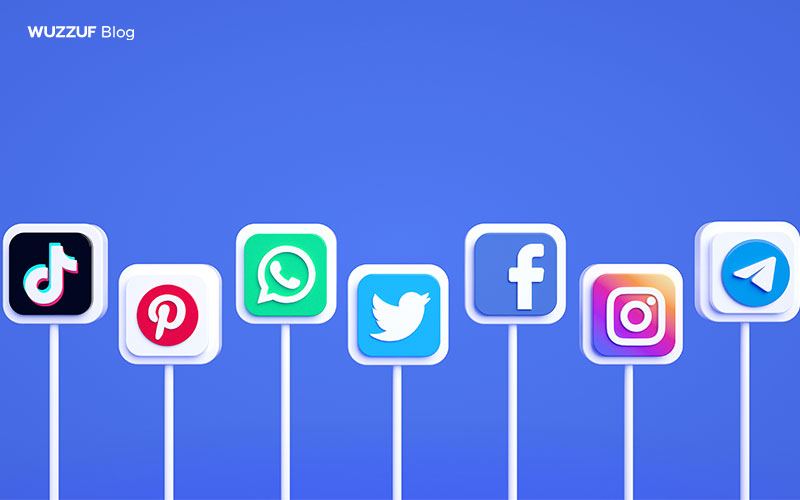In today’s digital age, social media has become an integral part of our lives, and its impact is felt in every aspect of our daily routines, including job searching and recruitment. Social media platforms like LinkedIn, Twitter, and Facebook have become powerful tools for job seekers to showcase their skills and for recruiters to find and evaluate potential candidates. In this blog post, we will explore the impact of social media on job searching and recruitment.
Benefit of social media in the job market
The first and most significant benefit of social media in the job market is that it allows job seekers to reach a broader audience. In the past, job seekers had to rely on traditional methods like submitting resumes to job boards or attending career fairs to find job openings. However, with social media, job seekers can connect with potential employers and recruiters from all over the world, increasing their chances of finding their dream job. Social media platforms like LinkedIn allow job seekers to create professional profiles, showcase their skills and work experience, and connect with other professionals in their field. This can help job seekers to establish their online presence and build their personal brand, making them more visible to recruiters.
Recruiters also benefit from social media
as they can use it to source and evaluate potential candidates. Social media platforms like LinkedIn provide recruiters with access to a vast pool of potential candidates, allowing them to find candidates with the right skills and experience quickly. Recruiters can also use social media to evaluate candidates’ profiles, which can provide them with valuable information that may not be included in a traditional resume. For example, a candidate’s LinkedIn profile can give recruiters insight into their work history, education, skills, and endorsements from previous employers or colleagues. Additionally, recruiters can use social media to check if a candidate’s online presence aligns with the company’s values and culture.
Another advantage of social media in the job market is that it allows job seekers to network with other professionals in their field. Social media platforms like LinkedIn provide job seekers with access to industry-specific groups and forums where they can engage with other professionals, share ideas, and learn about new job openings. Networking through social media can also help job seekers to establish relationships with potential employers and recruiters, which can increase their chances of being considered for a job.
Social media can also be used to stay up to date on industry news and trends. Following industry leaders and influencers on social media platforms can help job seekers to stay informed about the latest news and developments in their field. This can be especially beneficial for job seekers who are looking to make a career change or transition into a new field.
However, it is important to note that social media also has its downsides, especially for job seekers. Posting inappropriate or unprofessional content on social media can harm a candidate’s chances of being hired. Employers and recruiters often review a candidate’s social media profiles to get a better sense of their character and values. Therefore, it is crucial for job seekers to maintain a professional online presence and avoid posting content that could be deemed inappropriate.
In conclusion, social media has revolutionized the job market, providing job seekers and recruiters with new tools to connect with each other. Social media allows job seekers to reach a broader audience, establish their personal brand, network with other professionals, and stay up to date on industry news and trends. On the other hand, social media can also have its downsides, and job seekers must be mindful of the content they post online. Overall, social media has become an essential tool for job searching and recruitment, and it is essential for job seekers to embrace it as part of their job search strategy.”






